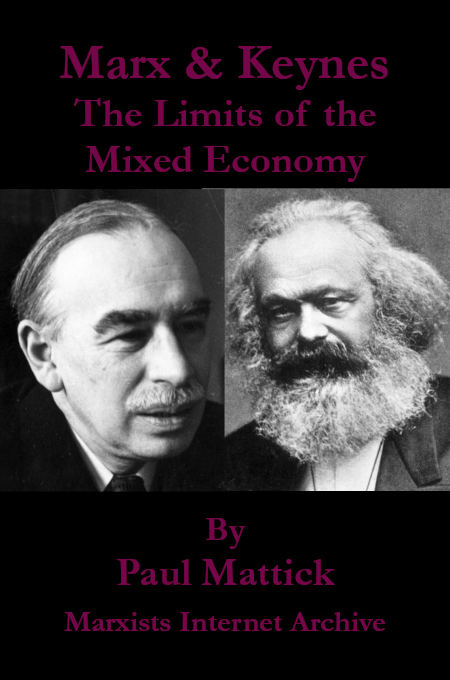Background
Jack London was many things; he was a writer, an oyster pirate, a prospector, a socialist, and, most tarnishing to our view of him, a proponent of eugenics. London was by no means rich. He was born into a working-class family and was raised by a single mother and a formerly enslaved African American woman. He got his first job at a cannery in his early teens and worked long hours. Dissatisfied, he left and subsequently became an oyster pirate before being hired by the California Fish Patrol. Later, he signed onto a sealing schooner headed for Japan, a journey which would inspire his first published work, "Typhoon off the Coast of Japan." Later, of course, he set off for the Klondike Gold Rush after which he struck true gold with his novel The Call of the Wild.
Socialism
Jack London's novel The Iron Heel is perhaps the best example of his politics in his writing. I admit to not having read that particular book, so I don't have much to say about it. It isn't up for debate that Jack London was a socialist. He often closed his letters with the phrase, "yours for the Revolution." What is interesting, however, about Jack London's socialism is that it was admittedly unscientific. In his essay "How I Became a Socialist," London emphasizes that his socialism grew primarily from his personal experience. Before he was a socialist, London was very much an individualist.
I was proud to be one of Nature's strong-armed noblemen . . . I was as faithful a wage slave as ever capitalist exploited.
Like his socialism later, London's individualism was unscientific and founded only on his personal strength. It was therefore subject to change with life experience. As a sailor, London got a taste of society's bottom most echelons.
I battered on the drag and slammed back gates with them, or shivered with them in box cars and city parks, listening the while to life-histories which began under auspices as fair as mine, with digestions and bodies equal to and better than mine, and which ended there before my eyes in the shambles at the bottom of the Social Pit.
Notice the links to eugenic ideas subtly present even in the foundations of London's socialism. His outrage at the fact that men with "bodies equal to and better than mine" ended up at the bottom of society reveals his yet present individualistic tendencies and Social Darwinist ideas of survival of the fittest. He is outraged about capitalism's contradicting of that principle more or less. That individual strain never really disappeared.
I was now a Socialist without knowing it, withal, an unscientific one . . . Since that day I have opened many books, but no economic argument, no lucid demonstration of the logic and inevitableness of Socialism . . .
The fact that London's Socialism was no more founded on science than his individualism made it no less shaky. By the end of his life, London could hardly be called a socialist at all. It are London's views on the eugenics, however, that are far more concerning.
Eugenics
London's support of eugenics is by far the largest black mark on his legacy. Despite being largely raised by a loving black woman, London was quite racist. He believed white men were generally superior and specifically believed in the "yellow peril" as exemplified by his book The Unparalleled Invasion.
I believe the future belongs to eugenics, and will be determined by the practice of eugenics.
London's support of eugenics, though not as extreme as some, is clear. At the time, it was, in a way, considered "progressive." This belief is exemplified by London's novel, Before Adam. London was no hypocrite. He himself practiced selective breeding in marrying a friend who he believed would produce good children. As mentioned earlier, as London's socialism was unprincipled, his individualism never truly left. That might be one source of this flaw in his image.
Conclusion
Jack London's tale is a reminder to us all that scientific socialism is the only way to avoid falling into traps such as eugenics. Unprincipled socialism, while it may have good intentions, is as subject to corruption as any other political ideology. Marxism is by definition a science; that is what separates it from the rest of the pack.

